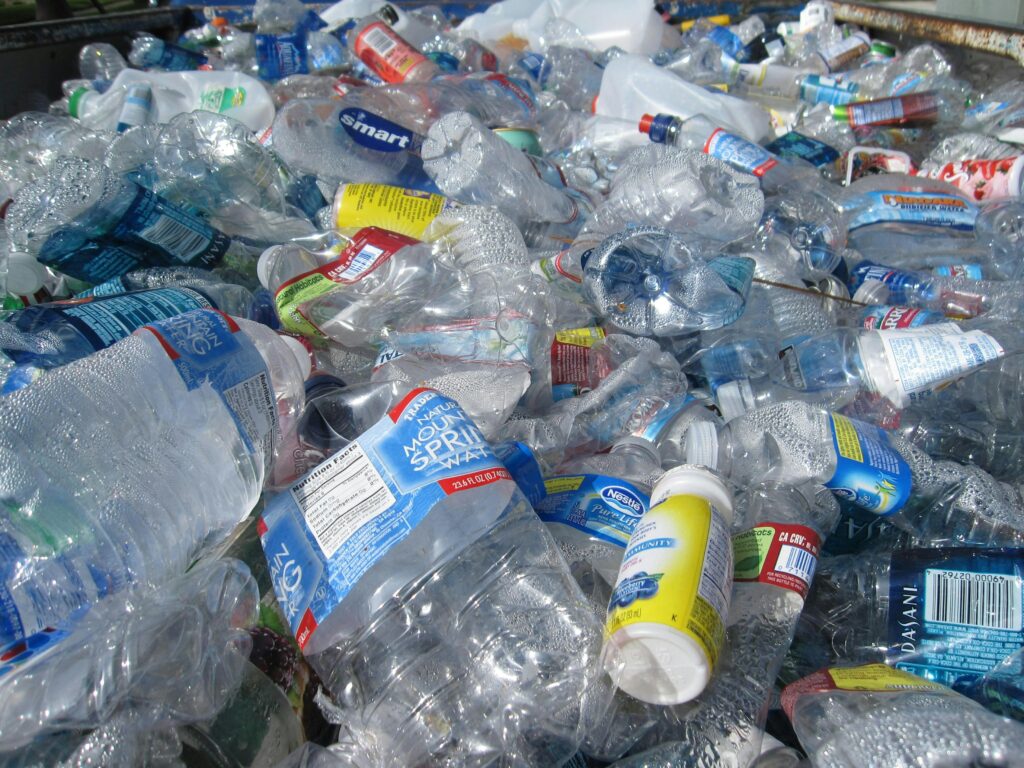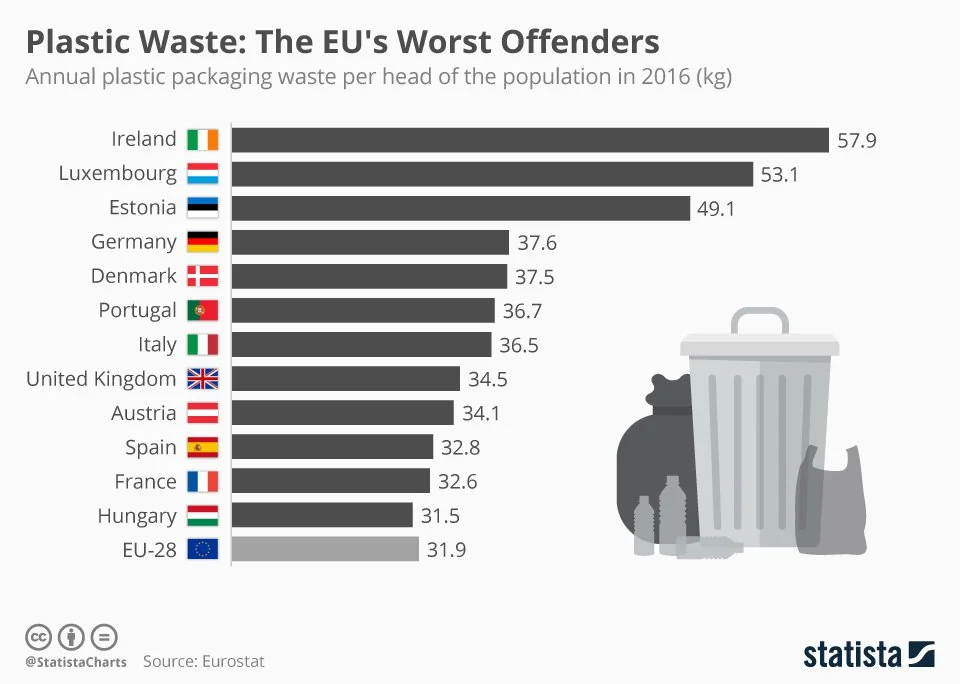As we approach Earth Day 2024 on the 22nd of April, the urgency to address one of the most pressing environmental challenges of our time is clearer than ever: the battle between our planet and plastics. Plastic pollution has reached unprecedented levels, choking our oceans, severely harming wildlife, contaminating our air and water, entering our food chain and ultimately effecting our health in ways we don’t yet fully understand. It’s now more important than ever that we come together to confront this crisis for a cleaner, healthier planet for generations to come.

Without the intention of being dramatic, our planet is literally drowning in plastic. From single-use bottles to plastic bags, our addiction to convenience has come at a huge cost to the environment. More than 500 billion plastic bags—one million bags per minute—were produced worldwide last year in 2023, and these bags have a “working life of a few minutes, followed by an afterlife of centuries”. According to EARTHDAY.org, “100 billion plastic beverage containers were sold last year in the United States. That’s more than 300 bottles per inhabitant. A few of them will be converted into park benches; none of them will be made into new plastic bottles and 95% of all plastics in the US won’t be recycled at all. Even the 5% of plastics being recycled are “downcycling” to inferior products or shipped to poorer countries for “recycling”, leaving the demand for virgin plastic undiminished”. These millions of tons of plastic waste enter our oceans, where it accumulates into vast floating garbage patches and threatens marine life. Sea turtles mistake plastic bags for jellyfish, seabirds become entangled in plastic debris, and microplastics infiltrate the food chain, posing unknown risks to human health.
Ireland’s Plastic Problem
In the case of Ireland, statistics show that we have the highest plastic waste generation in the EU and we are the fourth lowest when it comes to recycling. We also know that only 28% of our municipal waste was recycled in 2021 and that we are struggling to meet the new EU recycling targets for 50% recycling rate set for 2025. The majority of Ireland’s plastic packaging waste is being incinerated, and less than one third is recycled. While the new deposit and return scheme system is underway, it is still placing a lot of responsibility on the consumer and it is unclear if this will improve our recycling rates. A total avoidance of plastic use in the first place, and therefore more pressure on manufacturers to find alternative solutions, should be favoured by government.

The Plastic Toll on Wildlife
We have all seen the images of beaches covered in plastic in places like Indonesia, and of course the shocking images of washed up marine birds with plastic coming out of their stomachs. It is no surprise that the impact of plastic pollution on wildlife is devastating. Marine animals suffer from ingestion and entanglement, leading to injury, suffocation, and death. Coral reefs, vital ecosystems that support a quarter of all marine life, are also under threat as plastics smother and suffocate these delicate organisms. Furthermore, terrestrial animals are not spared, as they ingest or become entangled in plastic waste, leading to a range of health issues and population declines.
Plastic People: Plastic and Human Health
We have previously spoken about the shocking studies that revealed microplastics in our blood. Beyond its visible effects on wildlife and ecosystems, we know that plastic pollution poses a significant risk to human health, even if we don’t fully understand the consequences yet. As plastics break down into microplastics, they infiltrate our water sources and food chain, potentially exposing us to harmful chemicals and toxins. Studies have linked exposure to certain plastics with adverse health effects, including hormonal disruptions, reproductive problems, and even cancer. The full extent of these risks is still being uncovered, but the evidence is clear: plastic pollution is not just an environmental issue but a public health crisis.
What is Earth Day?
Kathleen Rogers, the president of Earth Day says:
“The Planet vs. Plastics campaign is a call to arms, a demand that we act now to end the scourge of plastics and safeguard the health of every living being upon our planet.”
You can find some really great resources and toolkits on the Earth Day website, such as the “individual action” toolkit to learn more about what you can do to help combat this crisis. For now, here are some steps to get you started:
- Follow the “5 R” principle: Refuse, Reduce, Reuse, Repurpose, Recycle: Embrace a lifestyle of minimalism and conscious consumption by reducing your use of single-use plastics. Recycling should in fact be the last option, especially since waste is a privatised and profit making industry which leads to traceability issues.
- Put pressure on the industry responsible for creating the plastic in the first place, the “big plastic polluters” (such as Coca-Cola, PepsiCo and Nestlé). Joining a movement, NGO, signing petitions, writing to TDs, contributing to submissions in response to government public consultations,
- Advocate for Change: Support policies and initiatives that promote plastic alternatives, ban single-use plastics, and hold corporations accountable for their plastic production and waste management practices.
- Clean-Up Efforts: Get involved in local clean-up initiatives to remove plastic waste from beaches, rivers, and other natural habitats, preventing further harm to wildlife and ecosystems.
- Educate and Raise Awareness: Spread awareness about the dangers of plastic pollution and inspire others to take action through education, outreach, and community engagement.
- Support Sustainable Solutions: Invest in and support innovative solutions to plastic pollution, such as biodegradable plastics, circular economy models, and alternative packaging materials.

As we celebrate Earth Day 2024, let us remember that the fate of our planet is in our hands. By joining forces in the fight against plastic pollution, we can protect the health of our oceans, wildlife, and communities, and create a more sustainable future for all. Together, let us choose the planet over plastics and pave the way for a cleaner, healthier, and more resilient world.
